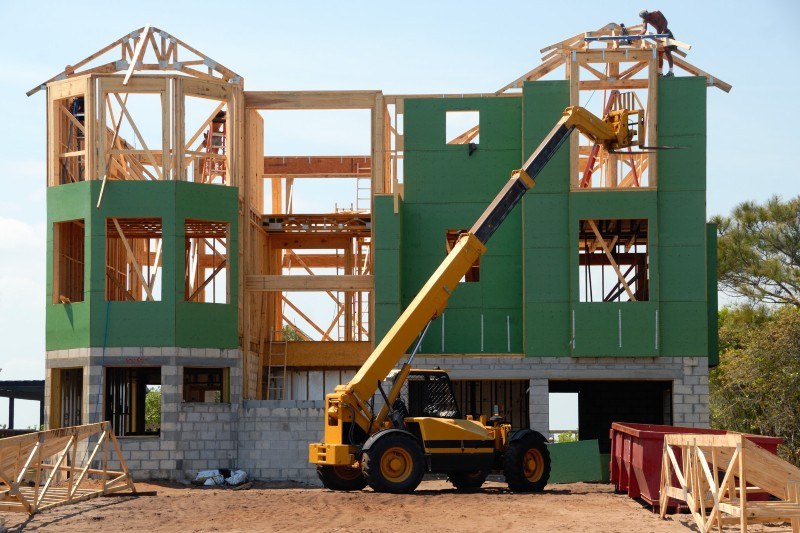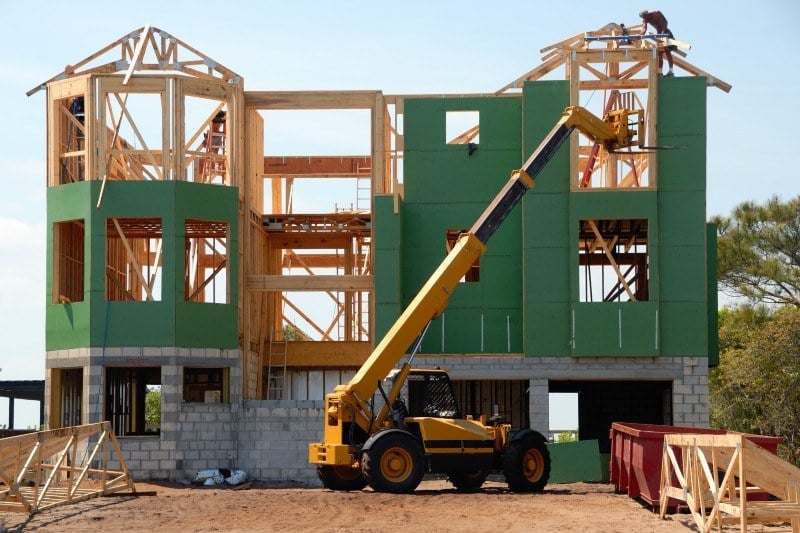The U.S. has experienced historic lows in housing inventory as of late. Not surprisingly, buyers are closely examining all their options - and one term you might frequently encounter while cruising houses on sites like Zillow and Realtor is "sale pending."
So what does sale pending mean, exactly? Here’s everything you need to know.
What does pending mean in real estate?
Sale pending (or “offer pending”) simply means that a buyer has submitted an offer and the seller has accepted it. In other words, this isn’t the sort of situation where you can simply opt to outbid all the other buyers – it’s already past that point.
There is one caveat: some sellers will list a home as “pending” for other reasons beyond the official definition, so it’s a good idea to reach out to the buyer agent and double check.
Can you put an offer on a house that is pending?
In most cases, the answer is no.* Typically when a buyer submits an offer letter to buy the home, there is a clause that says the homeowner can’t cancel the sale if another offer comes in – even if it’s a better one.
While this might feel annoying, it’s something you’ll appreciate once you do get your dream house – you don’t want to sign the paperwork, get the loan, and turn in the keys for your current place, and have to worry the whole time that someone can still outbid you.
*Can you outbid a pending offer? Technically, you can still submit an offer and be a potential backup to the accepted offer. The buyer can’t consider your offer unless the current sale falls through, though, so agents will usually discourage you from wasting your time and emotions on trying this.
Can a pending sale fall through?
According to data from Trulia, about 4% of pending home sales fall through – or 1 out of every 25 pending home sales. In which case, the home will usually go back on the market.
There are a few different reasons this happens:
Financing falls through:
Not surprisingly, financing is an important part of successfully buying a home. Even if a buyer is pre-approved for a loan, something like losing or quitting a job after the pre-approval takes place – or taking on a lot of debt – can change the lender’s mind.
Buyer’s remorse:
Homebuying is an extremely emotional process. Homebuyers may have second thoughts about the home, moving, or the condition of the home itself.
Low appraisal:
Low appraisal issues sometimes happen when bidding wars raise a home price way above market-level prices. Lenders often won’t approve the loan if the appraisal is far lower than expected.
Home inspections reveal issues:
although it’s very rare for a home to have no issues, some issues revealed in a home inspection can be more daunting than the buyer was prepared for or financially equipped to handle. And sometimes if people do have buyer’s remorse, they will use the home inspection as an excuse to legally leave the sale.
Can a Realtor show a house that is pending?
Realtors can show a home that is a pending sale - since it’s still technically on the market. However, most real estate agents won’t do this since the majority of home sales do go through, it’s a hassle for the homeowners (who may not allow it), and they would rather steer home searchers toward a home they have a better chance of obtaining.
The difference between pending v. contingent homes
What does “contingent” mean? A contingency is a requested provision and if the home is labeled "contingent" on the app, the sale may still fall through if the contingency isn't met. At this point the seller can’t accept another offer, but the buyer can opt-out if their contingency isn’t met - or the seller, if they've made the contingency.
A common contingency is that the buyer needs to sell their existing home before the current sale will go through. The offer is contingent on their old home selling. These contingencies are more typical in a buyer’s market because sellers find them risky. In a seller’s market, where sellers have the upper hand, competition and multiple bids can translate to sellers only opting for non-contingent offers. Appraisal, inspection, and financial contingencies are all common too.
You may also come across the term "under contract." Under contract means the buyer has made an offer, and the seller has accepted the offer. However, contingencies in the contract have not yet been met or resolved.
So is there a difference between pending v. contingent homes? You could say that contingent deals become pending deals once the contingency (or contingencies) is met, but they both mean that an offer on the property has already been accepted.
It's worth noting that some markets may use these three terms interchangeably - especially because some listing sites don't give multiple options for agents to enter.
What happens if a contingency purchase doesn’t move forward?
If the contingency isn’t met, then the sale is canceled, and the earnest money deposit (a small good faith deposit of 1 to 5% of the home’s value, given along with the offer) is returned to the seller.
How long do homes stay pending for?
If you’re hoping to snap up a home should it go back on the market, a home stays pending for anywhere from one week to two months. This is the time it takes for the seller and/or the buyer to meet the requirements of the sale, whether that’s securing a loan, having a title check, completing a home inspection, fixing repair issues, or the buyer selling their existing home.
Just how often are homes in a “pending” stage?
Like anything in real estate, pending sales are variable based on a number of factors. Competitive market conditions can influence the likelihood of a pending sale – as can time of year, or region. According to data collected by the National Association of Realtors, pending sales are most common in the American South, and least common in the American Northeast.
Have your eye on a specific home that’s pending? Reach out to our team of qualified local agents and they can answer your questions, put together a backup offer (if they’re being accepted), or find another home that’s an even better fit for you.
For further reading



